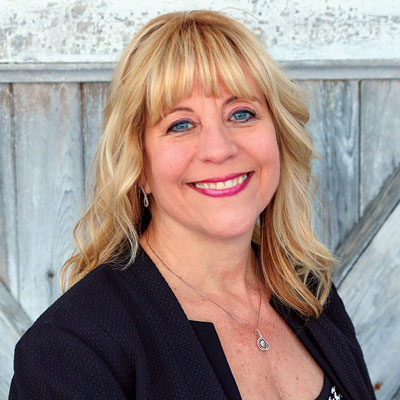
Our facility is considering hiring a full-time infection preventionist. Other than tracking infections, what tasks might this person take on?
With a future quality measure focused on avoiding healthcare-acquired infections requiring resident hospitalizations, the infection preventionist role is more vital than ever. The IP should not only participate in tracking infections that occur, but also look for ways to improve systems and processes to avoid infections altogether.
Have the IP review all infection prevention and control policies to ensure they meet regulatory requirements and evidence-based practice. The pandemic underscored the need to revisit policies that were infrequently updated. A review allows facilities to identify needed improvements, address potential issues and educate.
After policy revisions, have the IP examine staff competencies. The IP should be the expert educator for all things infection control. Often, nurse leaders focus on the obvious, like hand hygiene or donning and doffing personal protective equipment of frequent citations. Yet another key area of education is cleaning of medical supplies and kitchen and food-related items.
The IP should oversee vaccinations and ensure education, equipment, and consents are obtained, and that all vaccinations are properly documented.
Many facilities’ QAPI efforts include infection control issues; a dedicated IP can refine and lead them. For example, the IP should spearhead documentation efforts, education and reporting to the National Health Safety Network.
Lastly, the IP can help mitigate risks that often prompt survey citations, litigation, and resident/family concerns. These are costly and time-consuming to correct, but having a full-time IP can help forestall such issues before they arise.
From the July/August 2021 Issue of McKnight's Long-Term Care News




